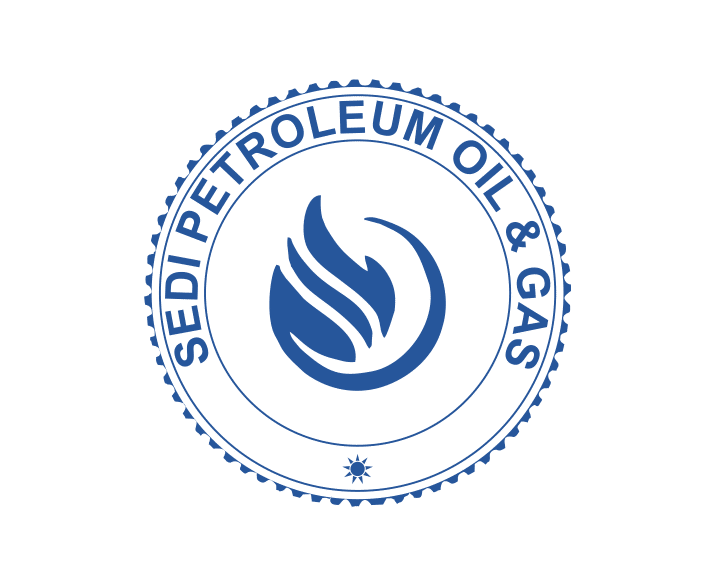Navigating the Challenges of Oil and Gas Supply Chain Management
Supply chain management in the oil and gas industry is a complex and multifaceted challenge. From upstream exploration to downstream distribution, the supply chain encompasses a wide range of activities that must be carefully coordinated to ensure efficiency and reliability. This blog explores the key challenges faced in oil and gas supply chain management and the strategies used to overcome them.
Key Challenges in Oil and Gas Supply Chain Management
1. Geopolitical Risks
The oil and gas industry is highly susceptible to geopolitical risks. Political instability, trade restrictions, and conflicts in key producing regions can disrupt supply chains and lead to significant economic losses.
Mitigation Strategies:
- Diversification: Companies mitigate geopolitical risks by diversifying their supply sources and building relationships with multiple suppliers across different regions.
- Risk Assessment: Continuous monitoring and assessment of geopolitical risks enable companies to develop contingency plans and respond quickly to disruptions.
2. Regulatory Compliance
The oil and gas industry is subject to stringent regulations at both national and international levels. Ensuring compliance with environmental, safety, and operational regulations can be challenging, especially when operating in multiple jurisdictions.
Mitigation Strategies:
- Compliance Programs: Establishing robust compliance programs helps companies stay abreast of regulatory changes and ensure adherence to all relevant laws and standards.
- Training and Education: Regular training and education programs for employees ensure that everyone understands and follows regulatory requirements.
3. Environmental Concerns
Environmental sustainability is a major concern in the oil and gas industry. Companies must balance the need for resource extraction with the responsibility to protect the environment.
Mitigation Strategies:
- Sustainable Practices: Implementing sustainable practices, such as reducing emissions, minimizing waste, and investing in renewable energy, helps companies address environmental concerns.
- Environmental Impact Assessments: Conducting thorough environmental impact assessments before starting new projects ensures that potential environmental risks are identified and mitigated.
4. Supply Chain Complexity
The oil and gas supply chain involves multiple stakeholders, including suppliers, contractors, logistics providers, and regulatory agencies. Coordinating these entities can be challenging, leading to delays and inefficiencies.
Mitigation Strategies:
- Integrated Supply Chain Management: Adopting integrated supply chain management systems improves coordination and communication among all stakeholders.
- Technology Solutions: Leveraging technology solutions, such as supply chain management software and real-time tracking systems, enhances visibility and control over the supply chain.
5. Market Volatility
The oil and gas market is characterized by significant price volatility due to factors such as fluctuating demand, geopolitical events, and changes in production levels. Managing this volatility is crucial for maintaining profitability.
Mitigation Strategies:
- Hedging: Companies use hedging strategies to protect against price fluctuations and stabilize revenues.
- Flexible Contracts: Negotiating flexible contracts with suppliers and customers allows companies to adjust to changing market conditions more effectively.
Strategies for Effective Supply Chain Management
1. Advanced Analytics and Data Management
Advanced analytics and data management tools are essential for optimizing supply chain operations. By analyzing data from various sources, companies can identify trends, forecast demand, and make informed decisions.
2. Collaboration and Partnerships
Collaboration and partnerships with suppliers, logistics providers, and other stakeholders are critical for effective supply chain management. Building strong relationships based on trust and mutual benefit enhances coordination and efficiency.
3. Risk Management
Proactive risk management involves identifying potential risks, assessing their impact, and developing strategies to mitigate them. This includes establishing contingency plans and maintaining flexibility to respond to unforeseen events.
4. Technology Integration
Integrating advanced technologies, such as Internet of Things (IoT), blockchain, and artificial intelligence, into supply chain operations enhances transparency, traceability, and efficiency.
- IoT: IoT devices provide real-time data on the location and condition of assets, improving tracking and monitoring.
- Blockchain: Blockchain technology ensures secure and transparent transactions, reducing the risk of fraud and improving accountability.
- AI: AI-powered tools analyze large datasets to identify patterns and optimize supply chain processes.
5. Continuous Improvement
Continuous improvement is a key principle of effective supply chain management. Companies should regularly review and refine their processes to identify areas for improvement and implement best practices.
Conclusion
Navigating the challenges of oil and gas supply chain management requires a strategic and proactive approach. By leveraging advanced technologies, fostering collaboration, and implementing robust risk management strategies, companies can enhance the efficiency, reliability, and sustainability of their supply chains. As the industry continues to evolve, embracing these strategies will be essential for staying competitive and meeting the demands of a dynamic global market.
